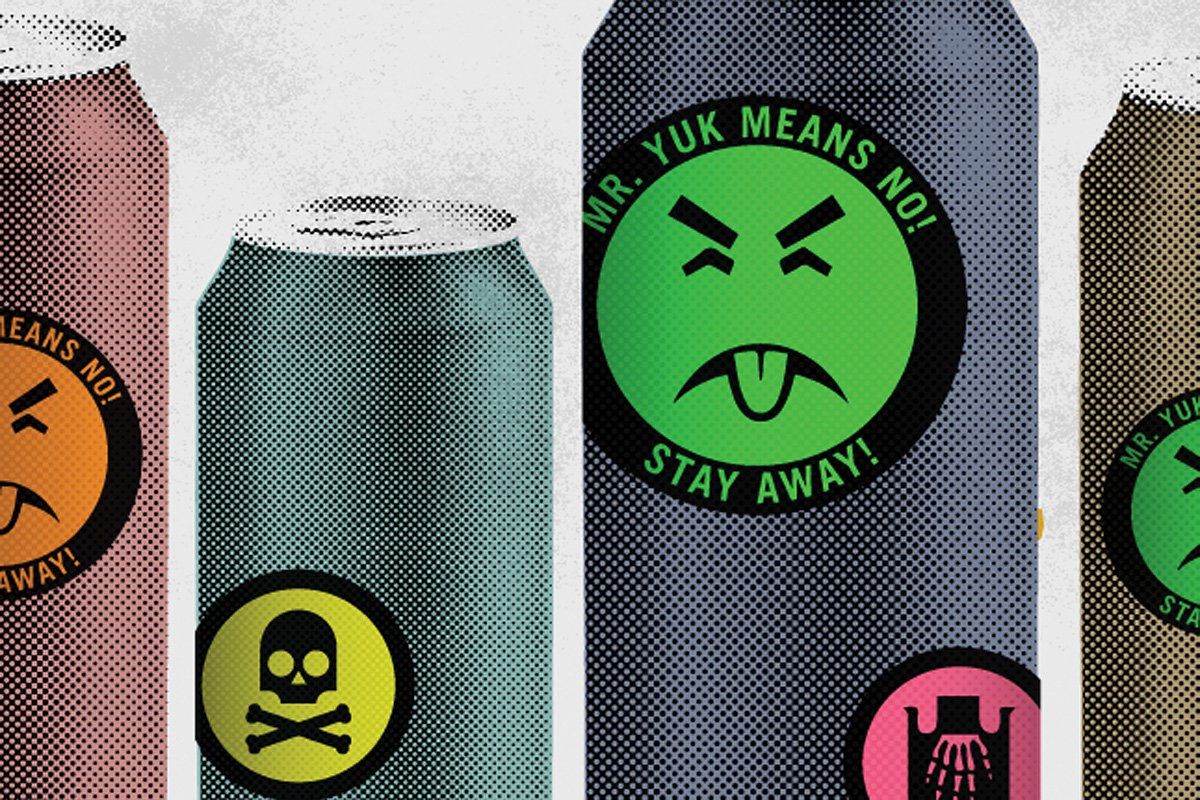
By legend it all started in Ethiopia more than 1,000 years ago when a goatherd named Kaldi noticed something: after his flock nibbled berries from a certain bush they seemed to hop and sprint tirelessly. Intrigued, he sampled a bit himself, catching mankind's first buzz off the coffee bean—something he savored till instructed by a local religious man to steer clear of anything that made him feel so happy.
Since then, billions of caffeine addicts have followed the lead of Kaldi and his goats, starting each morning with the jolt necessary to maneuver through the day ahead. Caffeine is far and away the most frequently used psychoactive drug in the world, but here's the odd part: it's not regulated in the U.S.
At least until now. With the FDA decision to investigate five deaths possibly related to the caffeine found in energy drinks, the free ride soon may be over. Currently, energy-drink producers are not obliged to say how much caffeine is in their product; they can roll it up into a vague "and other ingredients" placeholder. Many think the time has come to impel makers to tell us what's in their secret sauce.
But rather than falling into another debate over the role of regulation, let's ask the central question: can caffeine really kill you? Indeed it can; that agitation you feel after too many cups, taken to the extreme, also can agitate the heart into a fatal arrhythmia. In fact, people have worried about the safety of caffeine for a century. In 1909 a shipment of Coca-Cola was seized by the newly formed FDA because of a concern that added caffeine rendered the product unsafe (the cocaine had been removed in 1903). Preparing its defense, Coca-Cola asked researcher Harry Hollingworth to study the problem in a double-blind trial; he announced he found no worrisome effect whatsoever. The case was dismissed, and Coca-Cola continued to market its wares as "the ideal brain tonic."
But now we have energy drinks that pack more caffeine than Hollingworth ever dreamed of. As any teenager or draggy junior executive could tell you, drinks like Red Bull, Monster, and 5-hour Energy, with up to 200 milligrams of caffeine per serving, has far more tonic than a can of Coke.
Fortunately, the fatal dose of caffeine is somewhere over five grams. To get there you'd have to chug dozens of energy drinks. So how could someone die? It's simple—people are complicated. Some patients have underlying medical conditions including heart or liver problems that could make a regular dose of caffeine more dangerous. Others might be receiving medications that can slow the body's clearance of caffeine, keeping it in the system for too long. Unlike (regulated) food and drink, people have unpredictable ingredients. We vary widely person to person. And the only protection against our own unpredictability is to make the world around us as predictable as possible.
Uncommon Knowledge
Newsweek is committed to challenging conventional wisdom and finding connections in the search for common ground.
Newsweek is committed to challenging conventional wisdom and finding connections in the search for common ground.





